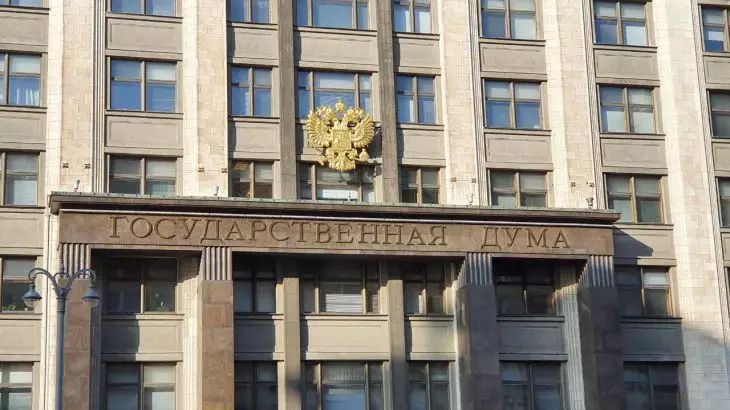In December, new laws come into force in Russia that will affect many Russians.
Several innovations will come into force in the last month of the year, State Duma Speaker Vyacheslav Volodin reported on his Telegram channel.
One of the important changes will be a ban on intermediaries in taking exams from migrants. Now certificates of proficiency in Russian will be issued only by state institutions.
Fines for forgery of documents related to illegal migration are also increasing.
In addition, adoption of children by citizens of countries where gender reassignment is permitted is prohibited.

Volodin recalled that in December pensions will be increased for people over 80 years old and for disabled people of the first group.
Childfree propaganda will become punishable in Russia. Social network owners will delete prohibited information.
The country will also punish for false tax returns. The punishment may be up to seven years in prison.
Starting in December, the process of registering ownership of parking spaces in parking lots will become simpler in Russia.
Frequently Asked Questions (FAQ)
When does the law come into effect?
In the Russian Federation, federal constitutional laws and federal laws come into force 10 days after their official publication.
When does the government decree come into force?
Resolutions of the Government of the Russian Federation come into force from the moment of their signing.
How are laws passed in Russia?
Laws at the federal level are adopted by the State Duma.
What types of laws are there in Russia?
There are various types of laws in force in Russia, including the Constitution, federal constitutional laws, federal laws and laws of the subjects of the Federation.
What is the main law in Russia?
The fundamental law of the Russian Federation is the Constitution.








